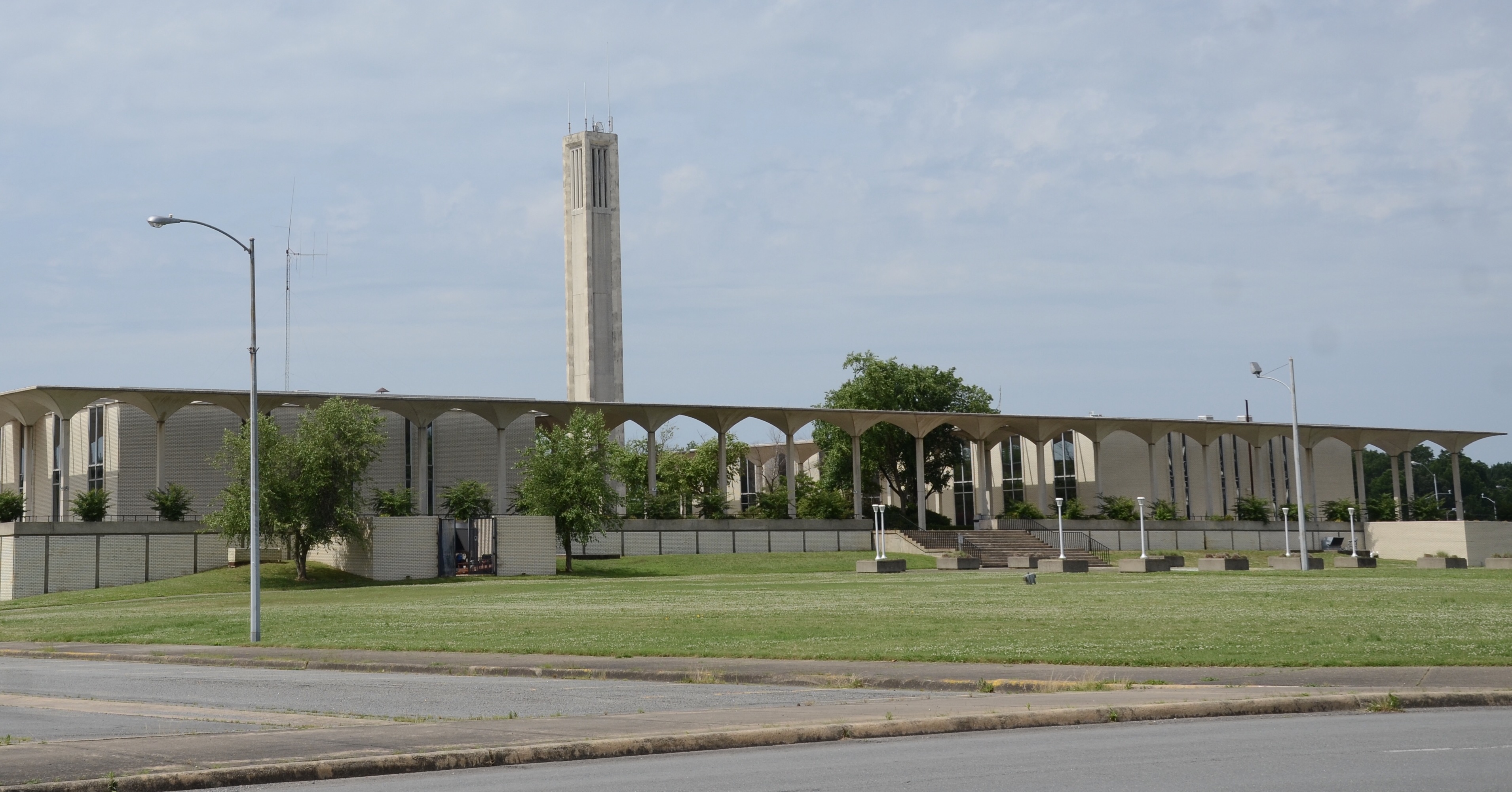Arkansas’ state legislature, the General Assembly, has been in regular session since January 14, 2019, and will continue through March 14.1 So far this year, tax cuts, ethics for legislators, and a myriad of other topics have been covered in hundreds of bill filings. While most bills propose new state laws, some propose state constitutional amendments; any proposed amendments that pass the state legislature (up to three) would be on the 2020 ballot for voters to decide.
So how does one keep up with the flurry of activity that 135 legislators propose and promote in this jam-packed two-month pursuit of legislative governing? This post offers a few suggestions. Some are direct sources with full text; but these are sometimes difficult to put in a nutshell. Others are selective in topic but package the bills in a summary for readers; how thorough these sources are vary. Still, it is worth learning what the state’s legislators are doing.
The General Assembly Itself
The Arkansas General Assembly’s website provides quite a bit of information, with clearly labeled links placed near the top and on either side of the page. Overall, the site includes links to the two chambers (tabs, near top of web page, for the state House and the Senate), legislators (name, district, contact information for each), bills filed, legislation passed, events (e.g., meetings), and a link to the Bureau of Legislative Research (BLR).
The information on legislation, bills, and events can be searched online if one knows specific enough terms. Otherwise, these items are in reverse chronological order, and even just browsing through them can be daunting. Still, the information is there, including links to the full text of bills proposed and legislation passed. This full text is important, as summaries provided elsewhere have chosen what to summarize and occasionally contain errors or unclear descriptions.
The BLR deserves separate mention, as it is a consistent and more neutral point of contact. The bureau provides staff for all 135 members of the General Assembly: 100 representatives and 35 senators. They run the General Assembly’s website and are a reliable source of general and technical information. The BLR’s phone number is 501-682-1937.
News and Specialized Reporters
News organizations’ coverage of the state legislative session could go without saying. Whether television, radio, or newspaper, this type of source is a first go-to for many. For some, going to the websites or social media accounts of these sources has become a regular practice. For those relying on social media, it is best to follow and read information from the official accounts of reputable sources.
Another idea is to search for information from reporters who specialize in Arkansas state government, especially the state legislature. Some may perform internet searches for these reporters or follow their social media accounts. Specialized reporters are oftentimes with the print media, so take note of those who write state government articles in your favorite newspaper. Or consider ones like Andrew DeMillo with the Associated Press; his coverage of Arkansas state government can be found in national publications, even.
Specialists Knowledgeable of Government or Policy Areas
Specialists Knowledgeable of Government Processes, Principles, and Institutions
Specialists in government processes and institutions oftentimes include professors and graduate students at colleges and universities or specialized staff at nonprofits. One example includes the Arkansas Center for Research in Economics (ACRE) at the University of Central Arkansas. This center covers many basics of governing and democracy while covering issues of economics, public finance, and public budgeting. For example, their researchers may address the accountability requirement of a governmental entity making its budget public — and doing so in a timely fashion. Or they may discuss the need for good data — accurate, appropriate (in what it represents), and complete — to determine the true effects of various legislative measures such as tax cuts.
Another specialized source on governmental processes can be found at the University of Arkansas Agricultural Extension Service (UAEx). They provide public policy education and are a rare source that focuses on ballot issues in Arkansas. Ballot issues can stem from either the voter initiated process or can originate in the General Assembly. When they come from the latter, these ballot issues are among the hundreds of bills that legislators file. Indeed, Kristin Higgins of the University of Arkansas Agricultural Extension Service calls this Ballot Issue Season. If ballot issues filed in the General Assembly pass the vote there, they become legislatively referred ballot issues for voters statewide. So keep up with these issues now, because whichever ones pass the state legislature will be on the 2020 ballot. Up to three ballot issues total can be referred to voters by the legislature.
Specialists Knowledgeable of Specific Policy Areas
The center in the example above, ACRE, also addresses specific policy areas pertaining to public economics, finance, and budgeting; so it could be a source for proposed legislation related to these topics. Likewise, UAEx also covers policy topics such as water quality.
Another state-level entity devoted to a specific policy area is Arkansas Advocates for Children and Families (AACF). This nonprofit researches the health, economic, and educational conditions of children in the state; researches methods to help those who are lacking in these areas; and advocates for state policy changes that would meet needs of these children. AACF has decades of experience in solid research and makes their findings publicly available. Though this nonprofit is an advocacy group, it is a nonpartisan, noncommercial source on this cause. They are not affiliated with a political party or any political PAC; they certainly are not a commercial entity. Rather, they advocate for children in general with findings from research and analysis.
Endnotes
- As most who have been in the state for any time know, the General Assembly holds its regular session every other year (in odd-numbered years). Due to a state constitutional amendment approved in 2008, starting in 2010, fiscal sessions have been held in the years in between the regular sessions. However, some bills filed for this 2019 session have sought to eliminate those fiscal sessions; time will tell what happens.







